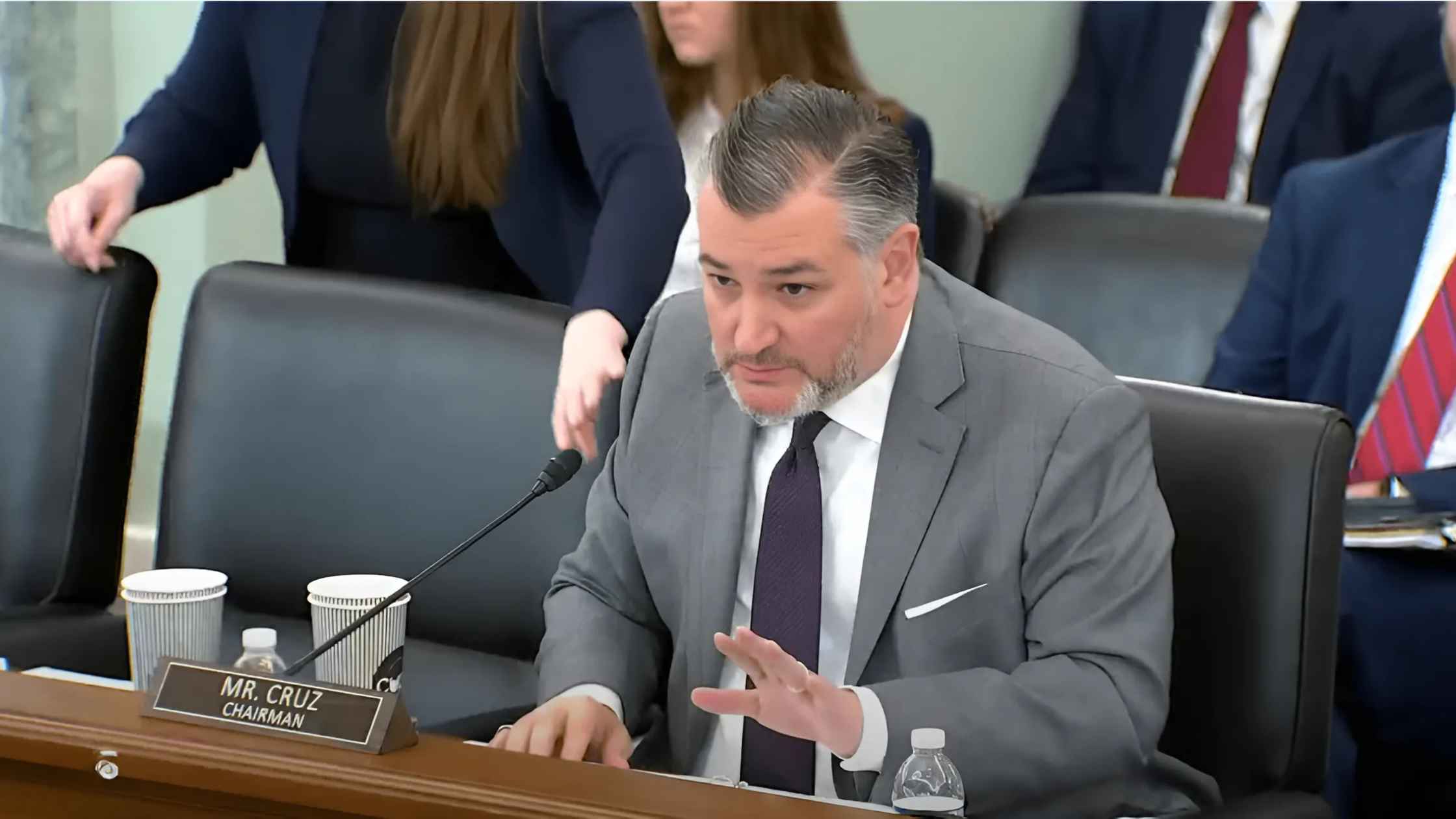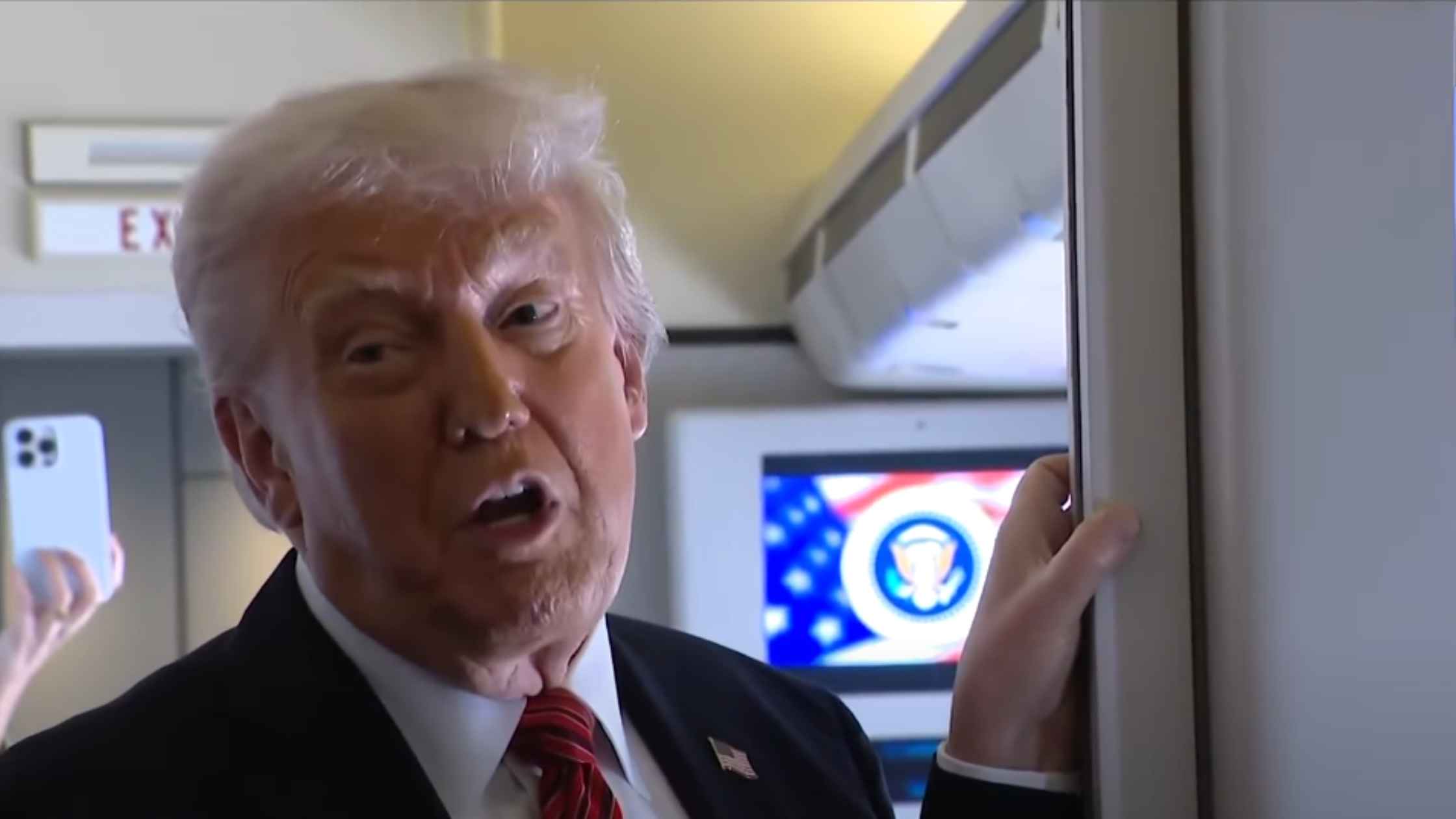Rev’s Transcript Library
Explore our extensive collection of free transcripts from political figures and public events. Journalists, students, researchers, and the general public can explore transcripts of speeches, debates, congressional hearings, press conferences, interviews, podcasts, and more.

Trump Speaks at Qatar State Dinner
Donald Trump delivers remarks at the Qatar State Dinner at Lusail Palace in Lusail, Qatar. Read the transcript here.

House Homeland Security Hearing
DHS Secretary Kristi Noem testifies before the House Homeland Security committee. Read the transcript here.

Senate Hearing on HHS 2026 Budget Request
HHS Secretary RFK Jr. testifies before the Senate on the 2026 White House budget request. Read the transcript here.

House Hearing on HHS 2026 Budget Request
HHS Secretary RFK Jr. testifies before the House of Representatives on the 2026 White House budget request. Read the transcript here.

Senate Air Traffic Safety Hearing
The Senate holds a hearing on air traffic safety with FAA officials. Read the transcript here.

EPA 2026 Budget request Senate Hearing
EPA chief Lee Zeldin testifies in a Senate hearing on the 2026 White House budget request. Read the transcript here.

Signing Ceremony in Qatar
Trump & Qatari Emir hold a signing ceremony for Boeing deal and defense agreements in Doha. Read the transcript here.

Air Force One Press Gaggle 5/14/25
Donald Trump takes questions aboard Air Force One on a flight from Saudi Arabia to Qatar. Read the transcript here.

Senate GOP Press Briefing for 5/13/25
John Thune leads a Senate GOP press briefing for 5/13/25. Read the transcript here.
Subscribe to The Rev Blog
Sign up to get Rev content delivered straight to your inbox.
